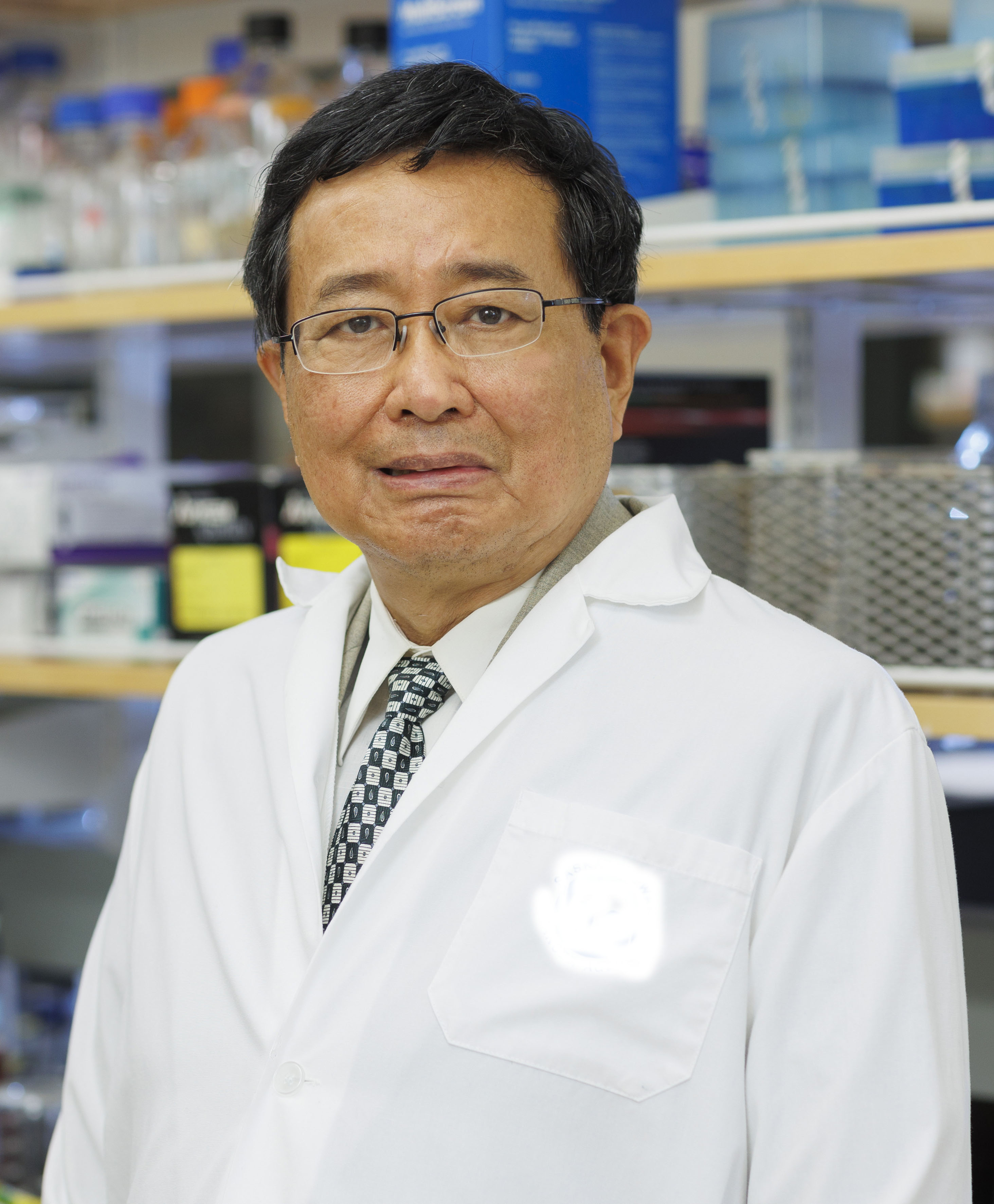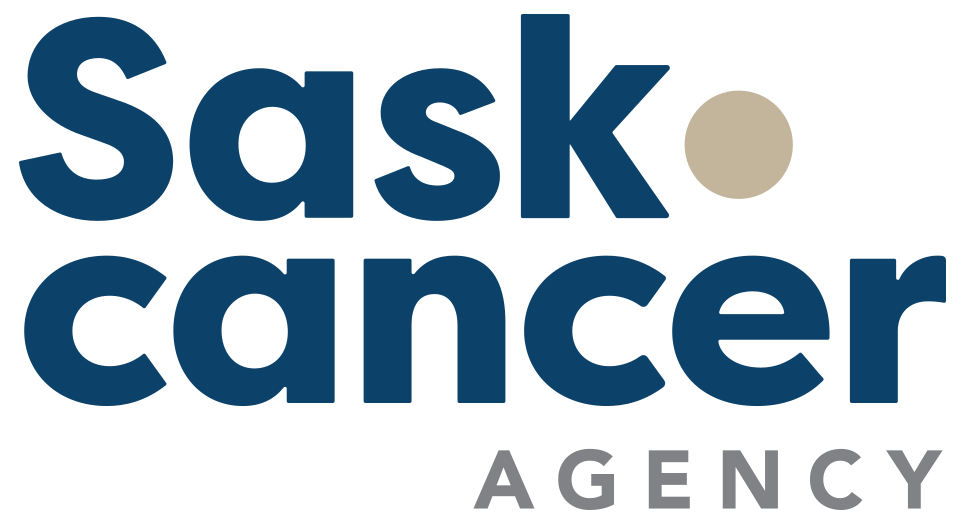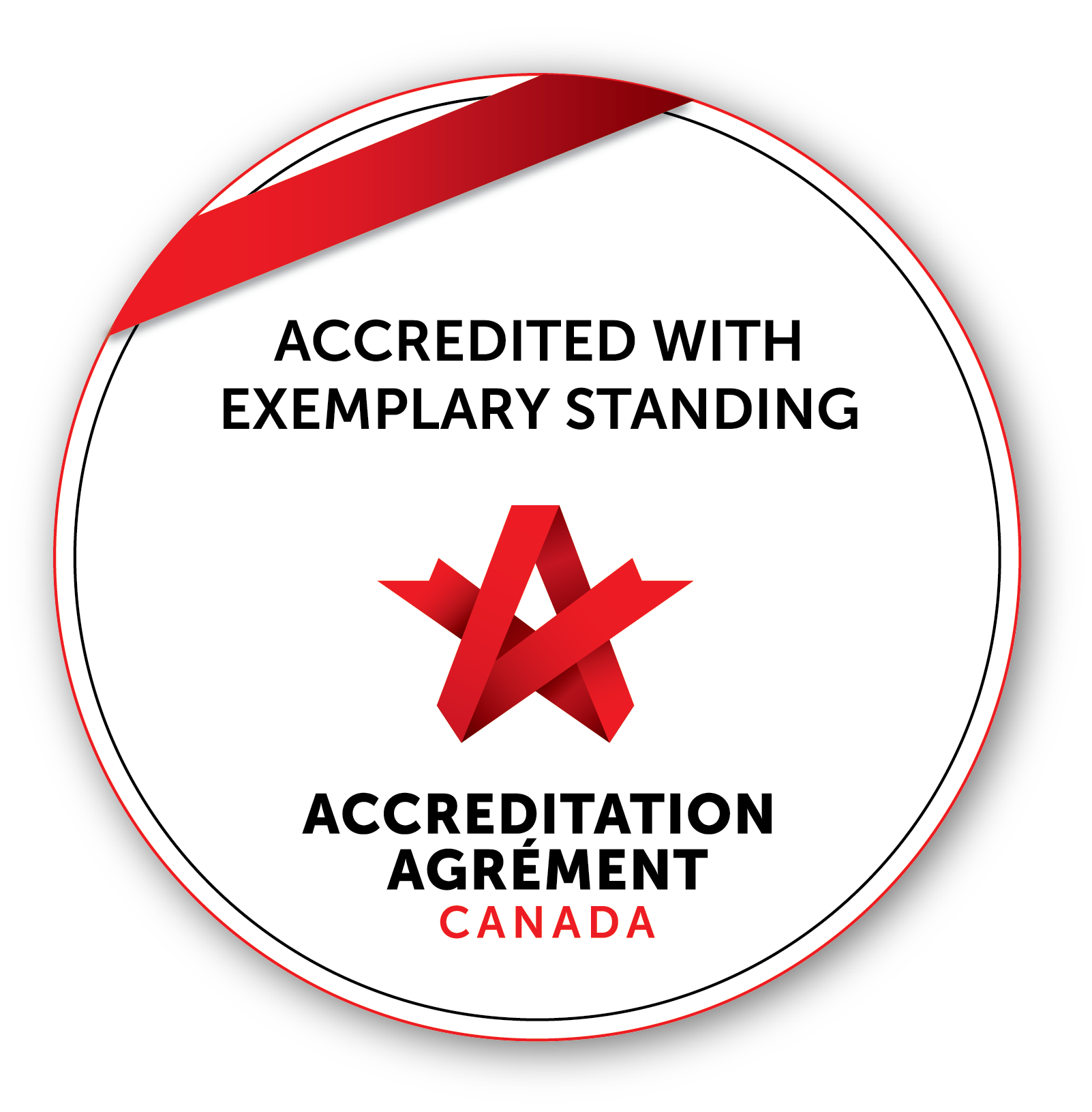Dr. Jim Xiang
Dr. Jim Xiang
Senior Research Scientist
Saskatchewan Cancer Agency
Professor, Division of Oncology
University of Saskatchewan
Location
Cancer Cluster
Room 4D30.1 Health Science Building
107 Wiggins Road
University of Saskatchewan
Saskatoon, SK S7N 5E5
Phone: 306-966-7039
Email: This email address is being protected from spambots. You need JavaScript enabled to view it.
Dr. Xiang’s Lab focuses on (i) studying the molecular mechanism regulating CD8+ T cell fate and memory formation, (ii) assessing the critical role of CD4+ T cell help in CD8+ T cell immunity, and (iii) developing novel HER2- and Gag-specific exosome-targeted T cell vaccines for HER2+ breast cancer and HIV-1 patients.
Research Activities
- Molecular pathways for CD8+ T cell fate and memory: Understanding the molecular pathway controlling CD8+ T cell fate and memory is critically important in vaccine development and immunotherapy. We recently discover that mannose-6 phosphate receptor (M6PR) specific for lytic granule Granzyme-B (GB) plays a critical role controlling T cell fate. M6PRhigh CD8+ T cells die of GB-mediated lethal hit, while M6PRlow ones survive in the contraction. We further elucidate that pro-inflammation cytokine IL-2 induces M6PRhigh CD8+ T cells while pro-survival cytokine IL-7 stimulates M6PRlow ones differentiating into long-term memory T cells. The IL-2-stimutaed strong activation of mTORC1 up-regulates motor protein KIF13A leading delivery of more M6PR onto cell surface of IL-2-activated CD8+ T cells susceptible for GB-mediated killing, and vis-à-vis for the IL-7-stimulated weak mTORC1 activation. We are currently studying the molecular pathway regulating the memory T cell differentiation of IL-7-induced M6PRlow CD8+ T cells.
- A new concept "Th-APC": A long-standing paradox in cellular immunology concerns the conditional requirement for CD4+ T cells in priming of CD8+ cytotoxic T lymphocyte (CTL)responses. We found that CD4+ Th cells can acquire synapse-composed pMHC I and II and CSM from APCs via trogocytosis, and become Th‐APCs capable of stimulating CD8+ T cell response and memory.Therefore, this new conceptual advance may have great impacts in antitumor and autoimmune responses. We are currently studying molecular mechanisms of CD4+ T cell help in CD8+ T cell immunity and memory.
- Exosome-targeted T cell-based vaccines: Based upon the new concept of “Th-APC”, we developed CD4+ T cell‐based vaccines using polyclonal CD4+ T cells with uptake of Ag‐specific dendritic cell (DC)-released exosomes (EXO), and demonstrate that the novel vaccine is capable of directly stimulating potent CD8+ CTL effector and memory responses, counteracting CD4+ Tr‐mediated immune suppression, and converting CTL exhaustion via its CD40L signaling activation of mTORC1 pathway in chronic infection. We are currently developing HER-2/neu-specific and HIV-1 Gag-specific exosome-targeted T cell vaccines for treatment of HER-2/neu-positive breast cancer and HIV-1 patients.
Learn More |


